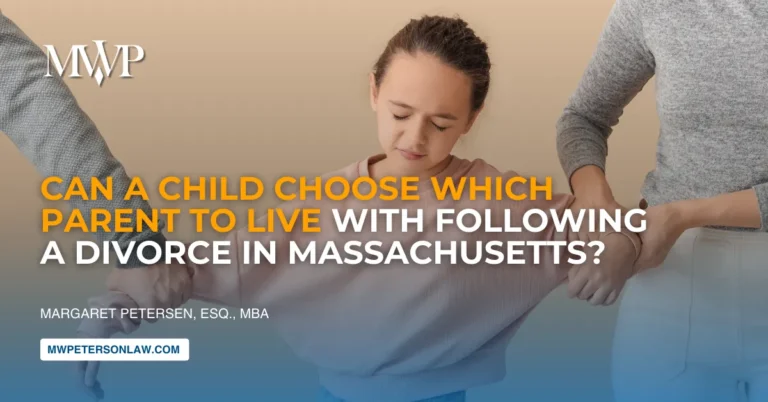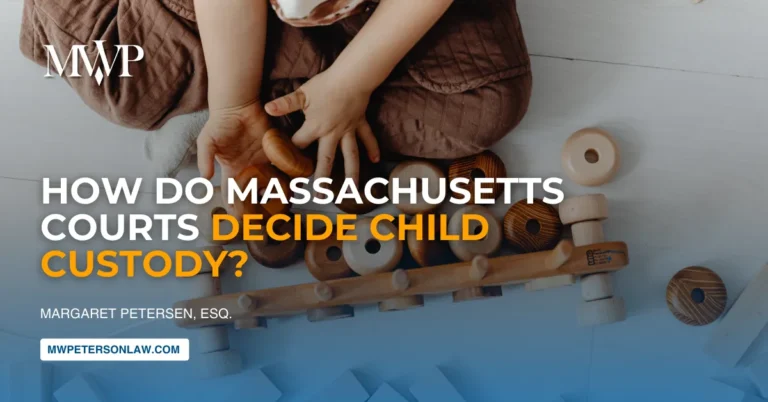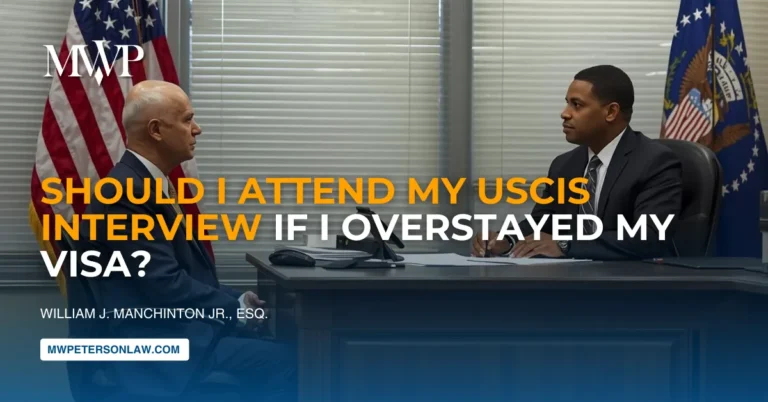Difference Between Wrongful Death and Criminal Homicide
The fundamental difference between wrongful death suits and criminal homicide is that one is a civil claim and the other is a criminal charge prosecuted by the state. Wrongful death is a civil claim filed by family members of the deceased against the person they believe should be held legally responsible for their loved one’s death. These claims are usually seeking financial compensation. Criminal homicide charges are prosecuted by the state when someone is suspected of unlawfully causing another person’s death, and they are seeking to impose punishment.
Legal Purpose and Who Brings the Case
Wrongful death lawsuits are filed to seek financial compensation for the family of the deceased, and these cases are brought by surviving relatives (not criminal prosecutors). On the other hand, criminal homicide cases are prosecuted in order to punish the offender and deter future crimes, and these cases are brought by the government.
Massachusetts Wrongful Death Law
Under Massachusetts General Laws Chapter 229, Section 2, wrongful death occurs when a person causes death through:
Negligence
Willful, wanton or reckless act
Common carrier negligence
Breach of warranty
Damages available:
Reasonably expected net income: Looks at the decedents income age, life expectancy, and how that income would have benefited his or her beneficiaries
Services: Like protection, care, assistance, society, companionship, comfort, guidance, counsel, and advice of the decedent
Funeral and burial expenses
Punitive damages: These may be provided to the decedent’s estate if there is a finding of “malicious, willful, wanton or reckless conduct” of the defendant
Statute of Limitations: An action to recover damages must be started within three years from the date of the death.
Massachusetts Criminal Homicide Classifications
First-degree murder is defined as murder committed with deliberately premeditated malice aforethought, or with extreme atrocity or cruelty, or in the commission or attempted commission of a crime punishable by death or imprisonment for life. It is punishable by life in prison, with no possibility of parole.
Second-degree murder is defined as an unlawful killing committed with malice, and it is punishable by life imprisonment with the possibility of parole after 15 years.
Voluntary manslaughter is the intentional killing of another without malice, but instead with sudden passion or heat of blood, after provocation, or upon sudden combat. It is punishable by up to 20 years in prison.
Lastly, involuntary manslaughter is either the unintentional killing of another person caused by wanton or reckless conduct, or the unintentional killing of another person while committing battery.
Burden of Proof - The Critical Difference
For wrongful death, the burden of proof is lower than it would be in a criminal homicide case. In a wrongful death claim, the plaintiff (family member of the deceased) has to prove that it is more likely than not that the defendant’s actions or negligence caused the death.
In a criminal homicide case, the prosecution must prove the defendant’s guilt beyond a reasonable doubt, which is the highest standard of proof in the legal system.
Intent Requirements
Proving intent or motive is not a required element in a wrongful death case. Instead, the focus is on proving that the defendant’s actions or nonactions more likely than not caused the death. A plaintiff is not required to prove whether or not the defendant intended to cause death to win the case. Alternatively, criminal homicide requires intent or motive to be proved in order to secure a successful conviction. Except for involuntary manslaughter cases, where they may not have intended to kill the victim but they should have known their reckless actions could have resulted in death.
Can Both Proceed Simultaneously?
Yes, a case can involve both civil and criminal proceedings. Wrongful death lawsuits can be filed whether or not there was a criminal conviction. Even if a defendant is acquitted in a criminal trial, the family may still win a wrongful death case because the legal standards are different. The most famous example of this was in the O.J. Simpson case as he was acquitted criminally but found liable in civil court.
Facing Either Wrongful Death Claims or Homicide Charges? Hire a lawyer Today.
Whether you are facing wrongful death claims, homicide charges, or seeking to make a wrongful death claim yourself, you need an experienced lawyer. These legal issues are complex, and a seasoned attorney can help you navigate through the claims and charges. At the Law Office of Matthew W. Peterson, we are experienced in dealing with murder charges and wrongful death claims. Don’t hesitate to reach out, as we are ready to fight for your case today. Call or text us now at 617-295-7500.











